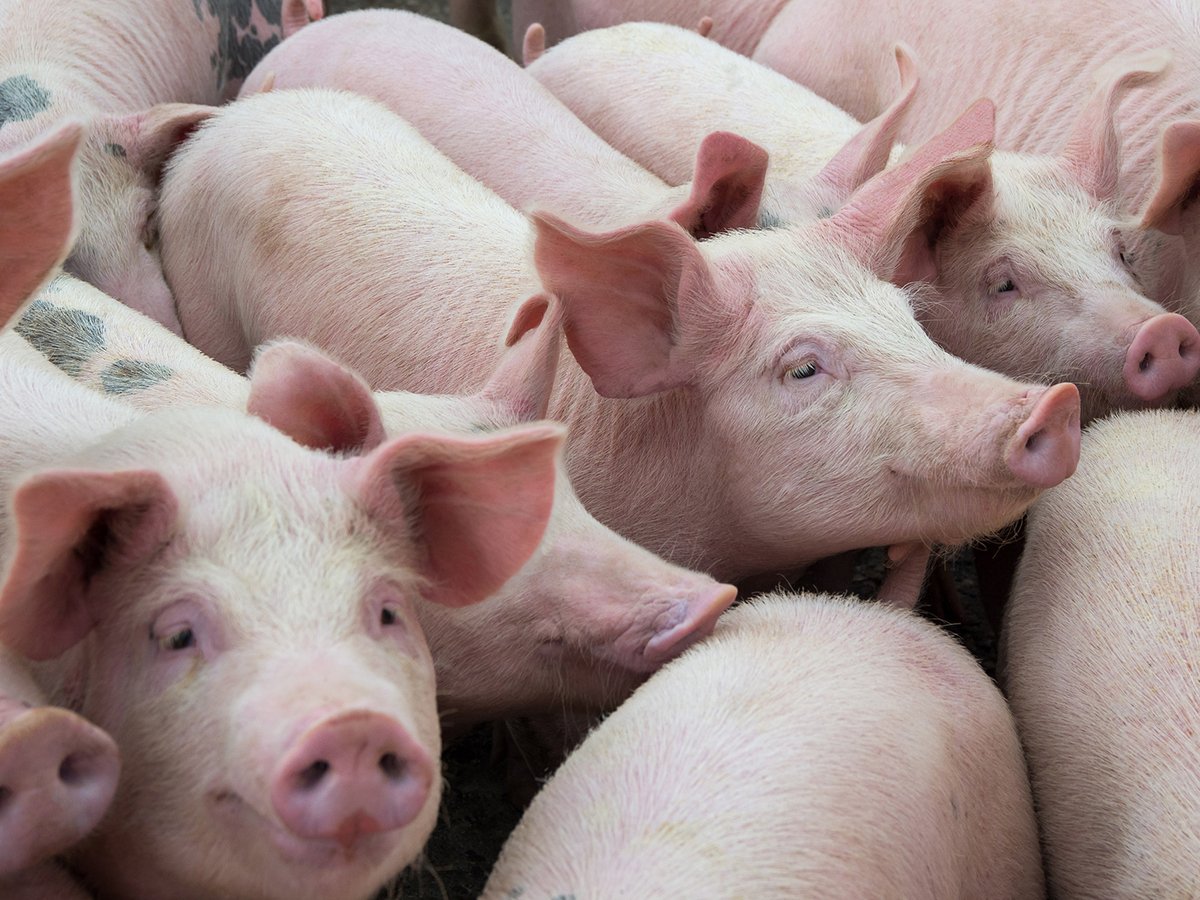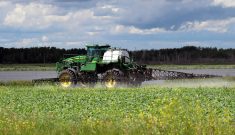Canada said to be developing innovative, investment-friendly climate, but gov’t remains under pressure from activists
WINNIPEG — Canada could be on the brink of becoming an agriculture research Mecca, or it could be on the verge of sliding into ag research paralysis.
Both of those possibilities were discussed by Ottawa lobbyists at Keystone Agricultural Producers’ annual convention late last month.
“We’re particularly excited about this,” said Andrea Faubert of Corteva Agriscience.
“If and when it all gets settled, it’ll put Canada as the most innovative investment-friendly jurisdiction in the world for novel plant breeding techniques.
“That is something to be celebrated and something to embrace.”
Read Also

Quebec pork company calls for transparency around gene-edited pigs
Quebec-based pork company duBreton is calling for transparency around meats from gene-edited pigs on concerns that a lack of mandatory labelling will confuse consumers, and dilute certification claims. The organic sector is also calling for labelling rules.
CropLife Canada head Pierre Petelle was similarly bullish about Canada’s prospects as a research investment hub if new rules allowing gene-editing and other cutting edge breeding techniques are approved.
“Canada will have probably the best, clearest, most transparent, most predictable science-based approach to gene editing and new breeding techniques of anywhere in the world,” said Petelle, whose organization represents the major agricultural chemical and seed companies.
Allowing mostly hassle-free techniques in crop breeding is seen as essential to convincing researchers and companies to invest the big sums needed to bring products forward. Research in transgenic crops and animals has been stymied for years due to the lengthy, complicated, unpredictable and expensive regulatory process required to get approved, plus the uncertainties about market access even if something is approved.
Gene editing is seen as far preferable because it avoids many of those challenges. It is far less costly to conduct, triggers fewer regulatory issues, alarms fewer consumers and is an advancement over earlier transgenic methods.
There is a chance that the rules for “novel” trait and innovative method development will be finished in 2024, the lobbyists said.
Worrisome, though, is pressure exerted on the Pest Management Regulatory Agency by activist groups to amend processes and restrict use of some agricultural products, Petelle said.
Before the last federal election, a controversy arose in Quebec about glyphosate residues in food. Pressure was put on the government, and in the election campaign the Liberals offered to “modernize” the PMRA to address the concerns. The Liberals were re-elected.
“They made all these promises before the election and our hope was that after the election they would kind of water some of that down and get back to reality, but they didn’t,” said Petelle.
“It’s been a battle.… It’s been a tumultuous couple of years.”
The government has been re-examining much of the PMRA’s mandate and operations, and the activist groups feel they have “a seat at the table.”
However, Petelle said the review has helped highlight within the government the reasons that its science-based approach is important, which is good.
Faubert said the challenges being faced shouldn’t obscure the generally good situation in Ottawa for agriculture policy.
“We’re pretty lucky in Canada to have some pretty fantastic regulatory agencies and elected officials and public policy staff,” said Faubert.
Gayle McLaughlin of the Canadian Canola Growers Association said support for breeding is growing because many in Ottawa now understand the role that better crops play in long-term sustainability.
Frost-tolerant canola, drought-tolerant corn and short-stature corn are developments that could help farmers produce food while protecting the soil.
“Sustainability is a key theme,” said McLaughlin.


















